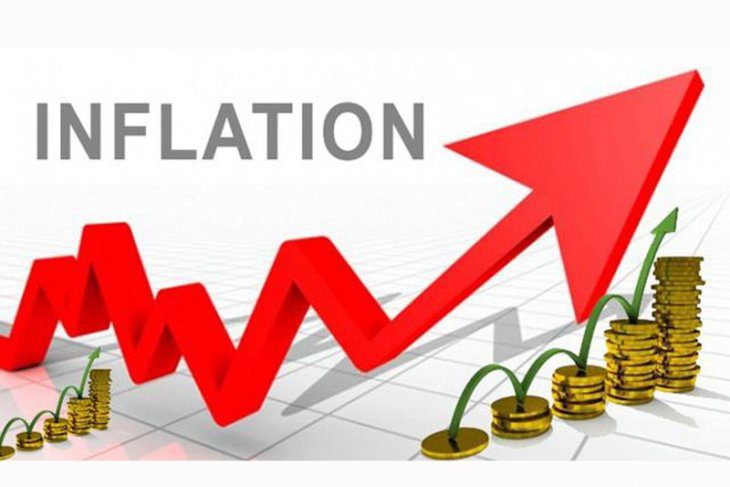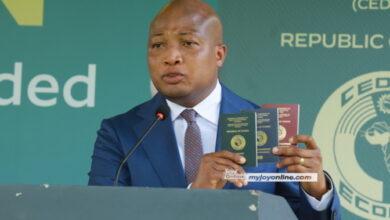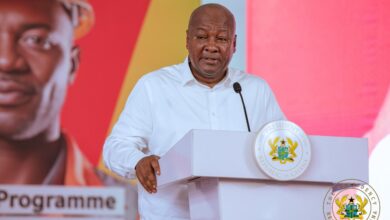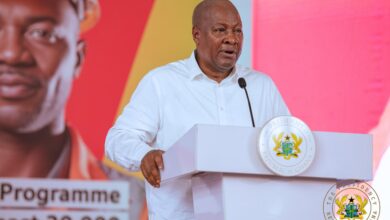
Inflation in Ghana reached a concerning 23.8% in December 2024, surpassing the government’s target of 15%. This increase was driven largely by a sharp rise in food prices, marking a significant economic challenge for the nation.
According to the Ghana Statistical Service, the inflation rate in December showed a slight increase from the 23.0% recorded in November, signaling the fourth consecutive month of rising inflation. The government’s failure to meet its end-of-year inflation goal further underscores the pressure on the economy.
Food inflation was the primary driver of this increase, soaring from 25.9% in November to 27.8% in December. This spike reflects the ongoing challenges in the food sector, which continues to push up the overall cost of living. In contrast, non-food inflation saw a slight decrease, dropping from 20.7% to 20.3%, but the gap between the two remains significant.
Professor Samuel Kobina Annim, Government Statistician, explained that the inflation rate for December represented a year-on-year increase of 23.8% between December 2023 and December 2024. He highlighted the stark 7.5 percentage point gap between food and non-food inflation, signaling that food-related expenses are particularly burdensome for households.
The government’s inability to meet its inflation target poses a serious challenge to the country’s economic recovery. High inflation erodes the purchasing power of citizens, amplifying the cost of living and potentially stalling economic growth.
As President John Dramani Mahama’s administration takes charge, addressing the rising cost of food and curbing inflation will be crucial steps in stabilizing the economy. Immediate and strategic measures will be needed to bring inflation back within the target range and ensure sustainable growth for Ghana’s economy in the coming year.
Story by: Mercy Addai Turkson




